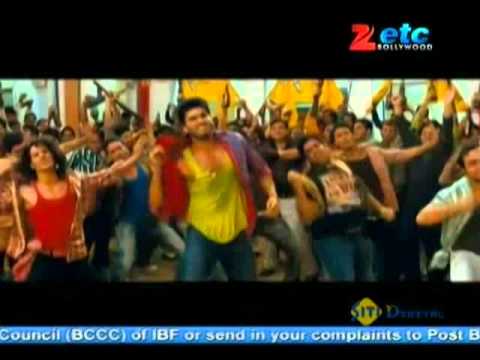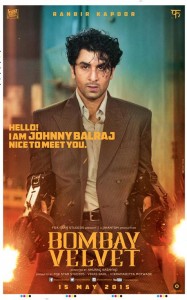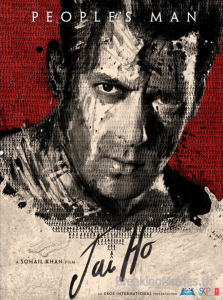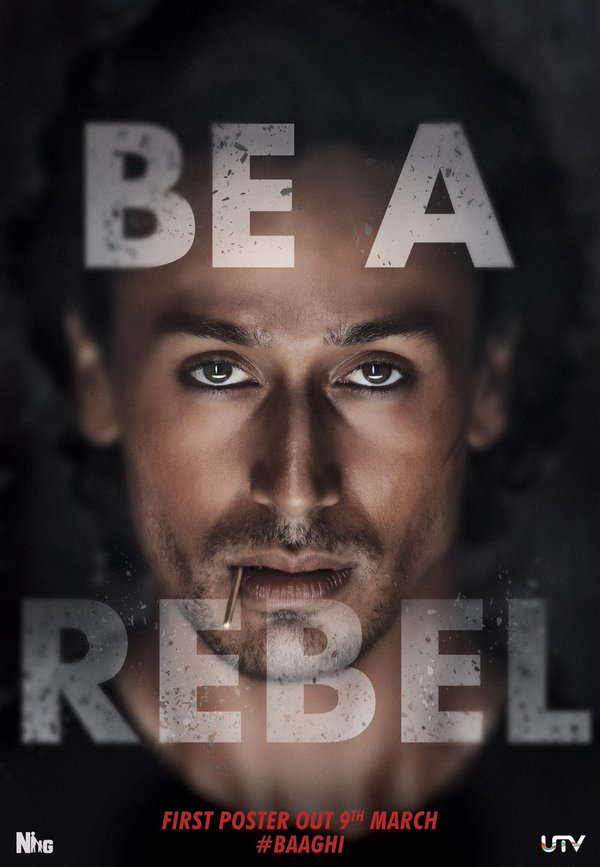 Why do the ideas we stand for incite such violence?” was one of the innocent questions asked in Costa-Gavras’s pathbreaking 1969 film Z. Basing his film on Vassilis Vassilikos’s Greek novel that gave birth to the French movie masterpiece, Dibakar Banerjee incites the same ideas and the same violence in his fourth film, Shanghai. The absolute ease with which Dibakar (and co-writer Urmi Juvekar) adapts a 1966 novel set in Greece to the current political climate of India not only shows the expertise of the writing but also the striking relevance the original context has half a century later, half a hemisphere apart. Even more so in the land of Ma, Mati, Manush!
Why do the ideas we stand for incite such violence?” was one of the innocent questions asked in Costa-Gavras’s pathbreaking 1969 film Z. Basing his film on Vassilis Vassilikos’s Greek novel that gave birth to the French movie masterpiece, Dibakar Banerjee incites the same ideas and the same violence in his fourth film, Shanghai. The absolute ease with which Dibakar (and co-writer Urmi Juvekar) adapts a 1966 novel set in Greece to the current political climate of India not only shows the expertise of the writing but also the striking relevance the original context has half a century later, half a hemisphere apart. Even more so in the land of Ma, Mati, Manush!
The setting is a fictional small town named Bharat Nagar where the ruling political party is backing the opening of an SEZ called International Business Park (IBP). The only man standing in the way is professor and socialist thinker Dr Ahemadi (Prosenjit Chatterjee), who urges the local residents not to give up their land to the fake promise of pragati. After one of his anti-land-grabbing speeches, he is crushed to death by a speeding truck.
Thereafter the second act follows the intense procedural headed by IAS officer — and also curiously the vice-chairman of IBP – Krishnan (Abhay Deol) who is asked to steer the chief minister’s enquiry commission. While Krishnan’s specific assignment is to find random reasons for the cause of the ‘accident’, he soon gets sucked into the more real puzzle — whether it was an accident or a well-planned murder.
Doing her own investigation is Shalini Sahay (Kalki Koechlin), a former student of Ahemadi, who was more attached — emotionally and physically — to the professor than his wife (Tilottoma Shome). Helping her is a videographer — more of a pornographer — Jogi (Emraan Hashmi) who has leads to some video footage that can nail the big players involved in the murder, er ‘accident’.
The magic of Costa-Gavras’s Oscar-winning film was how it took facts from the book (based on the assassination of Greek politician Lambrakis) and filmed that bloody history with breathtaking thrill. Dibakar does just that with Shanghai. Politics plunges into plot to produce a potent puree.
His official source maybe Z the novel but there’s a lot of Z the film in Shanghai. From scene set-up to characterisation to leitmotif, there’s a healthy dose of Costa-Gavras in Dibakar’s treatment. No hard feelings there because even if you just adapt the Mario Puzo book, the Coppola classic will always seep into your celluloid version of Godfather.
Like France’s biggest movie stars were used in Z, Dibakar calls upon a bunch of so-called sellable Bollywood stars to lead his celluloid protest. Stars who become actors in his viewfinder.
Take the case of Emraan Hashmi, who is completely reinvented here. Gone is that know-it-all chuckle, replaced by the nervous grin of a seeker. The change clearly is internal and not just cosmetic, although you have to say that’s one lipsmacking (fairy) tooth he has there.
Kalki, who’s charting her own special Bollywood innings, brings the kind of childlike madness to Shalini that’s rare. Abhay’s is the trickiest role and he wisely plays it with a straight bat, helped hugely with the tie and glasses that Dibakar almost makes Krishnan’s alter ego.
And then there’s this whole set of brilliant actors creating an ensemble so powerful that it turns Shanghai into a two-hour masterclass of acting. It’s led by Prosenjit, who is so, so good as the unflappable agitator that even though he is just there for a handful of scenes at the start, his shadow looms large right through the film. Farooque Sheikh, Supriya Pathak, Tilottoma Shome, Anant Jog and Pitobash complete the picture.
The problem really lies with the purpose and reception of a film like Shanghai. It doesn’t need a movie critic to tell you that Shanghai aspires to enrage. Dibakar, who debuted with the game-changing Khosla Ka Ghosla and kept pushing the Bollywood envelope with Oye Lucky! Lucky Oye! and Love Sex Aur Dhokha, has not made this one merely to entertain. He is reacting to the India around us and hoping some of us would react too with what he sees and shows.
Just like Costa-Gavras did. “Making Z was my way to protest… If you consider how successful the film was all over the world… I can say I reached my goals.”
Will Dibakar be as lucky? He’s done his bit. He’s taken some of your fave stars, he’s put in a couple of hit tracks, and he has even diverted from the original to end on a triumphant note — albeit with a pinch of salt — just to sugarcoat this bitter pill for you. But you have to give it a chance… a chance for Indian cinema to show that it can voice its chinta too, and not just go chinta ta ta.
We Indians don’t even need a visa this summer — let’s just take the trip to Shanghai.
Tags: Abhay Deol Dibakar Banerjee Emraan Hashmi Farooque Sheikh Kalki Koechlin Pitobash Pratim D. Gupta Prosenjit Chatterjee Reviews Shanghai Supriya Pathak Telegraph







